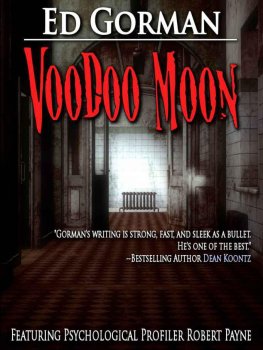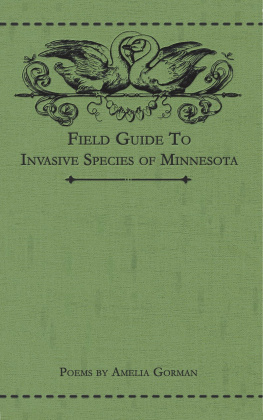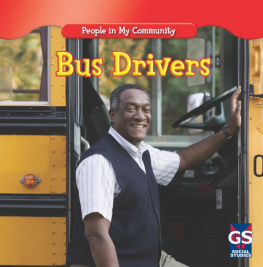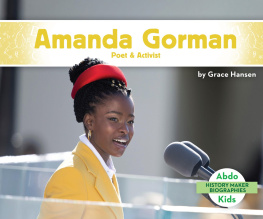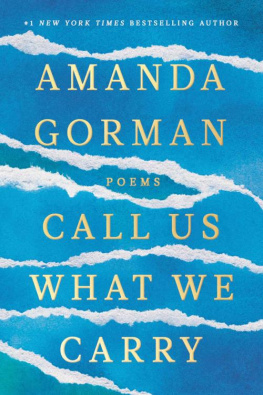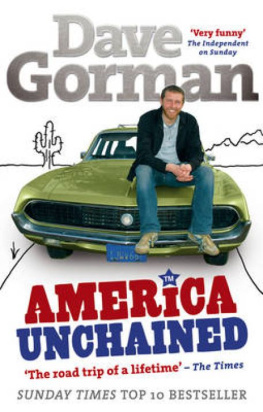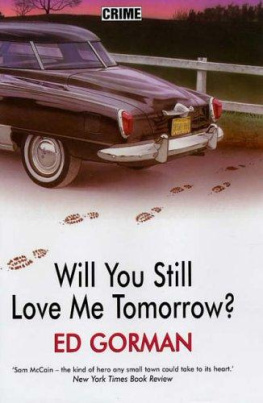In memory of my dear brother Sam Gorman,
the best travelling man who ever took off his shirt.
This edition first published in the United States in 2011 by
The Overlook Press, Peter Mayer Publishers, Inc.
141 Wooster Street
New York, NY 10012
www.overlookpress.com
For bulk and special sales, please contact
First published in Great Britain in 2002 as King of the Gypsies by Milo Books
Copyright 2002 by Bartley Gorman and Peter Walsh
All rights reserved. No part of this publication may be reproduced or transmitted in any form or by any means, electronic or mechanical, including photocopy, recording, or any information storage and retrieval system now known or to be invented, without permission in writing from the publisher, except by a reviewer who wishes to quote brief passages in connection with a review written for inclusion in a magazine, newspaper, or broadcast.
ISBN 978-1-46830-310-0
I am indebted to boxing record compiler Harold Alderman for supplying details on Benny Marshall, to prize-ring historian Tony Gee, author of the book Up To Scratch (Queen Anne Press) and to the keepers of the MacFie collection at Liverpool University. Many friends and relatives also provided photographs and helped with recollections, particularly Caley and Kathleen Botton, Alan Bowers, Ken Cooper, Bob Dawson, Simon Docherty, Henry Francis, Mick Harper, Tommy Lee, Frank McAleer, Dave Russell, Siddy Smith, John Taylor, John Walton and Pat Wilson.
MY NAME IS Bartley Gorman and I am the King of the Gypsies. What does that mean? Well, sometimes it describes a Romany political leader or the head of an extended family: a spokesman, a figurehead. Occasionally it is a fancy title adopted by a gypsy to impress the gorgis (house-dwellers). But for the fighting men of the travelling world, it has a different meaning: it is a title earned in blood, snot, sweat and gore. For them, the King of the Gypsies is the best bareknuckle fighter of his day. And if you are the best man among the travellers, then you are a very good man indeed.
Travelling men fight. Not all of them and not all the time, but many, and often. They would rather settle a row with knuckles than resort to the courts or call the police. Their contests may be held at fairs like Appleby in Cumbria, Musselburgh in Scotland or Ballinasloe in Ireland; at race meetings like Doncaster or Epsom; in a field or encampment; on the spur of the moment in a pub or club, at a wedding or a funeral. The fighters may have trained for months or be as drunk as lords. Sometimes there are rules: no biting, no butting, no gouging, no kicking, no hitting a man when he is down. Often there are not. When a fight is all-in, anything goes.
I was born into this tradition. My great-grandfather and grandfather were Gypsy Kings and my uncle too was perhaps the best man of his day. I felt from childhood that it was my destiny to succeed them indeed, to go one further: I wanted to be the most famous and most feared of them all. I achieved this, but at a terrible cost.
For twenty years, I reigned as champion. I have beaten dozens of opponents; fought some of the hardest men in Britain and Ireland and knocked them flat. I have cleared more bar rooms than John L. Sullivan, seen blood run down the lanes. I have been attacked by mobs, been hospitalised five times and have stood in the dock in four crown courts. Many times I have regretted it. For years, I lived on a razors edge and it scarred me. Yet knuckle fighting is so strongly a part of the gypsy heritage so tied up with family pride and honour that I felt I had to do it.
Though I no longer claim the bareknuckle heavyweight championship, I will be King of the Gypsies until I die. Then, if one man can gain recognition as the current champion, he will take over the title. He will be looked up to, admired, feared and hunted by all other gypsies. He will draw crowds wherever he goes. Even now, if Mike Tyson was boxing Lennox Lewis down at Doncaster racecourse and I was fighting Henry Francis 100 yards away, every gypsy man would come to see me. They wouldnt look at the other bout.
I should explain here that the word gypsy has two meanings. In its precise sense, it describes the descendants of a nomadic people who migrated to Europe from the region between India and Iran around 700 years ago (is it coincidence that some of the oldest pictures of fist-fighting, on pottery and clay tablets, come from that area?). The Europeans thought they were Egyptians, which they shortened to gypsies. They were also known as Romanies after the language they spoke. They survived by peddling, music-making and fortune-telling. Some came to believe they were the descendants of the Biblical Cain, banished by Our Lord for slaying his brother Abel: God said to Cain, For what you have done you shall wander the world until the end of time and the land shall never yield its fruit up to you. Cains people lived in tents and played flutes and were coppersmiths. Some also say the man who made the nails for Jesuss cross was the first gypsy because afterwards he was banished to the wilderness.
In a broader sense, a gypsy is anyone who lives the gypsy lifestyle and adopts their wandering ways, habits and appearance. Most Irish travellers the background from which I come are not Romanies but they are still gypsies. So are the Scottish travellers and a small group called the Kale in North Wales. Altogether there are said to be 120,000 travelling people in Britain, though this includes the more recent New Age Travellers, who are mainly people seeking an alternative lifestyle.
The gypsies have kept alive a tradition of barefist fighting that goes back to the dawn of man. The ancient Africans, Chinese, Egyptians and Indians all held such contests and the Greeks made boxers one of three classes of athletes at the Olympic Games (the others were wrestlers and runners). Many history books state that, as a sport and a spectacle, boxing died with the decline of the Roman Empire, but that it not true. It survived in pockets around the world. I believe the travelling people, the gypsies, also kept it alive.
When pugilism re-emerged in England in the late seventeenth century it had never been away but before then there had been no newspapers to report it the first recorded champion was James Figg, a shaven-headed bruiser who was also expert with sword and cudgel. He clobbered all comers at his amphitheatre in London. Less well known was his contemporary Benjamin Boswell, who claimed to be the son of the King of the Gypsies. The Boswells were among the elite of the Romany clans and Prince Boswell came from an encampment on Finchley Common in London. He was said to have been a highwayman as well as a superb fighter. Captain John Godfrey, the first scribe of the prize-ring, wrote that he had a particular blow with his left hand at the jaw, which comes almost as hard as a little horse kicks. Praise be to his power of fighting, his excellent choice of time and measure, his superior judgement, dispatching forth his executing arm! But Godfrey also claimed Boswell was a coward: Though I am charmed with the idea of his power and manner of fighting, I am sick at the thoughts of his nurse-wanting courage. He does not say why this was; perhaps he was just prejudiced against gypsies, as so many people were in those days. Certainly Boswell was a top man of his day and often appeared at the Great Booth at Tottenham Court in London. His opponents included title claimant George Taylor, whom he beat at least once, sailor James Field and Jack Slack, who later became champion of England. Boswell was later rumoured to have returned to life as a highway robber.
Another notorious fighter of this time was Billy Marshall, who was born in Ayrshire around 1672 and who reputedly lived to be 120. He was of tinker stock and earned notoriety as a boxer and a bandit, becoming king of the tinkers of Galloway and terrorising much of the countryside. His legendary exploits included deserting from the Army no less than seven times and from the Navy three times. He is reputed to have married on seventeen occasions and had countless children (both in and out of wedlock), fathering at least four after the age of 100! His gravestone stands in a cemetery in Kirkcudbright. As the Book of Genesis says, There were giants in the Earth in those days.


